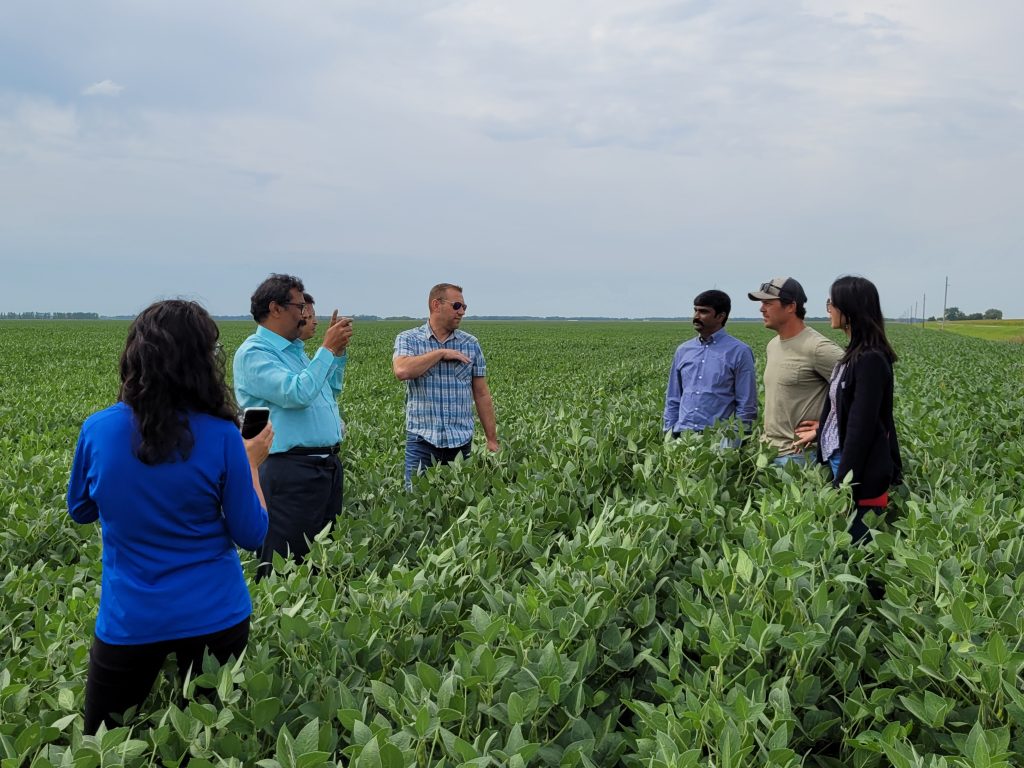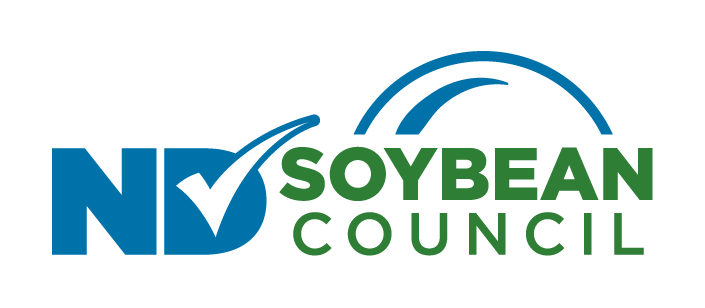
International Market Development
International Marketing
International exports are an important component of North Dakota’s soybean industry. Over 90 percent of the state’s soybean production leaves North Dakota, with about two-thirds of annual soybean production shipped out of the country to China and countries in Southeast Asia.
A Global Reach
Because export markets are very important to North Dakota soybean farmers, international marketing is a priority for the North Dakota Soybean Council (NDSC). The state’s farmers produce more soybeans than can be consumed domestically, so the NDSC invests checkoff dollars into projects that help foster international market growth.
Many exporters buy soybeans not only based on quality and price, but also on relationships. North Dakota farmers host numerous international trade delegations as buyers come to the state to see how soybeans are grown and to meet the farmers who raise the soybeans. Farmer-leaders also travel overseas to cultivate relationships and better understand customer needs.
North Dakota soybean farmers operate in a global marketplace with strong competition from countries like Brazil and Argentina. International marketing is a complex system that requires coordination and cooperation. The NDSC works with multiple organizations that help to pave the way for greater global usage of North Dakota soybeans.
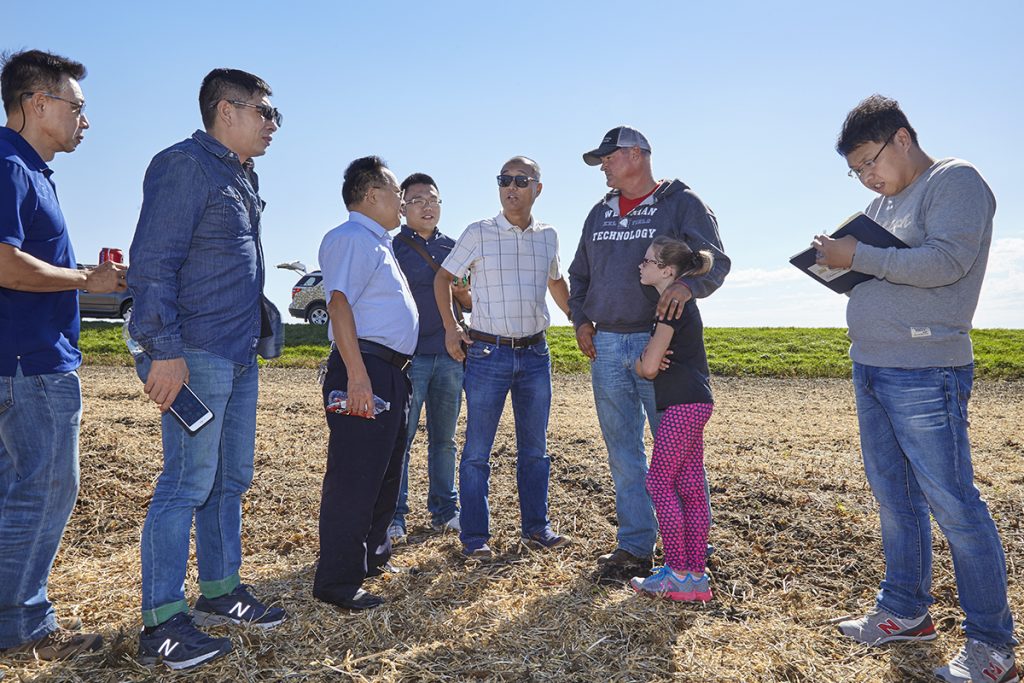
U.S. Soybean Export Council
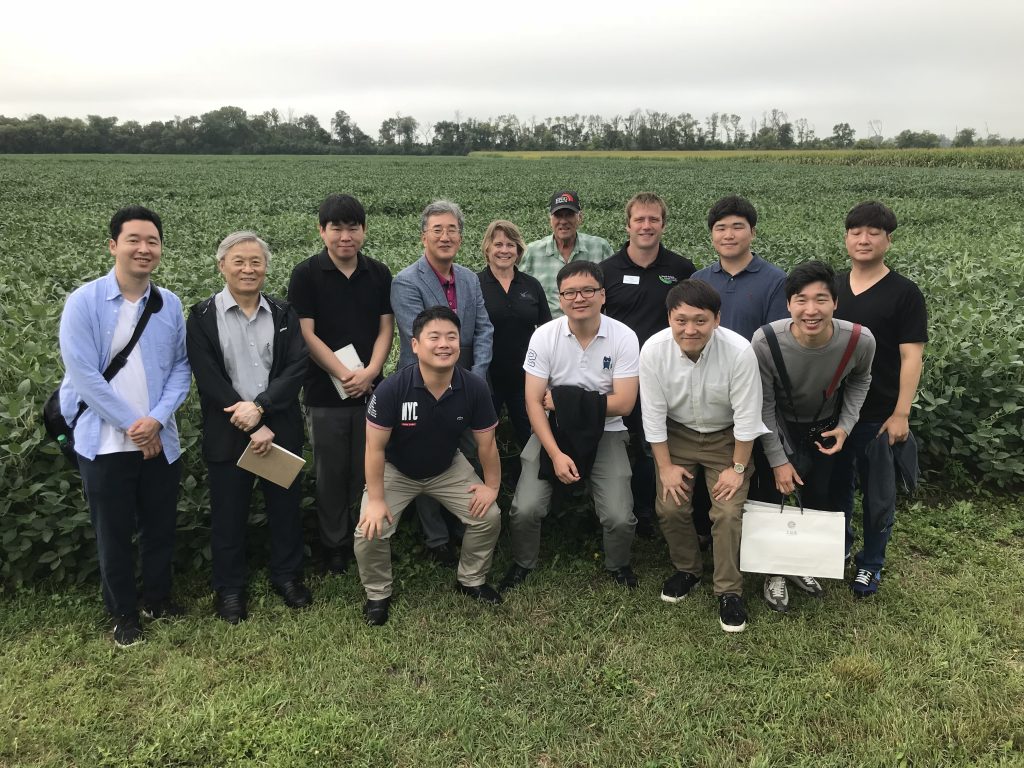
The U.S. Soybean Export Council (USSEC) focuses on differentiating, elevating preference, and attaining market access for the use of U.S. Soy for human consumption, aquaculture, and livestock feed in 80+ countries internationally. USSEC members represent the soy supply chain including U.S. Soy farmers, processors, commodity shippers, merchandisers, allied agribusinesses, and agricultural organizations.
USSEC operates a network of global offices and puts boots on the ground to build relationships with customers and provide technical service to those countries.
See what USSEC does to build global soy demand here at www.USSEC.org
World Initiative for Soy in Human Health (WISHH)
The World Initiative for Soy in Human Health (WISHH) builds U.S. soy trade through the improvement of health, nutrition, and food security in emerging markets. The WISHH program carries a focus on trade and long-term market development for U.S. soybean farmers, while fueling economic growth and value chain development. WISHH develops agricultural value chains in emerging markets, creating trade and long-term demand for U.S. soy.
Since its creation, WISHH has been enhancing the protein intake of many nations through market development, education and research. WISHH recognizes that the developing nations of today are tomorrow’s customers for U.S. soy and soy protein.
WISHH works with private voluntary organizations, industry representatives, entrepreneurs, commercial companies and others in 24 countries in Africa, Asia and Central/Latin America. Many of these groups are using U.S. soy protein to improve diets and health, as well as encourage the growth of food industries.
Visit www.wishh.org to find out more about how WISHH works to grow new markets for U.S. soybeans.
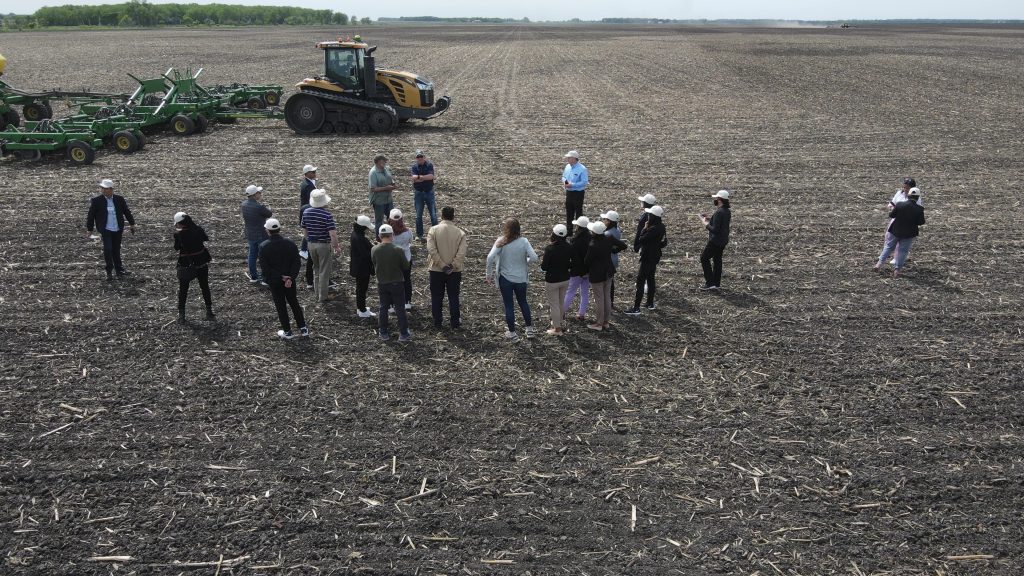
Northern Crops Institute
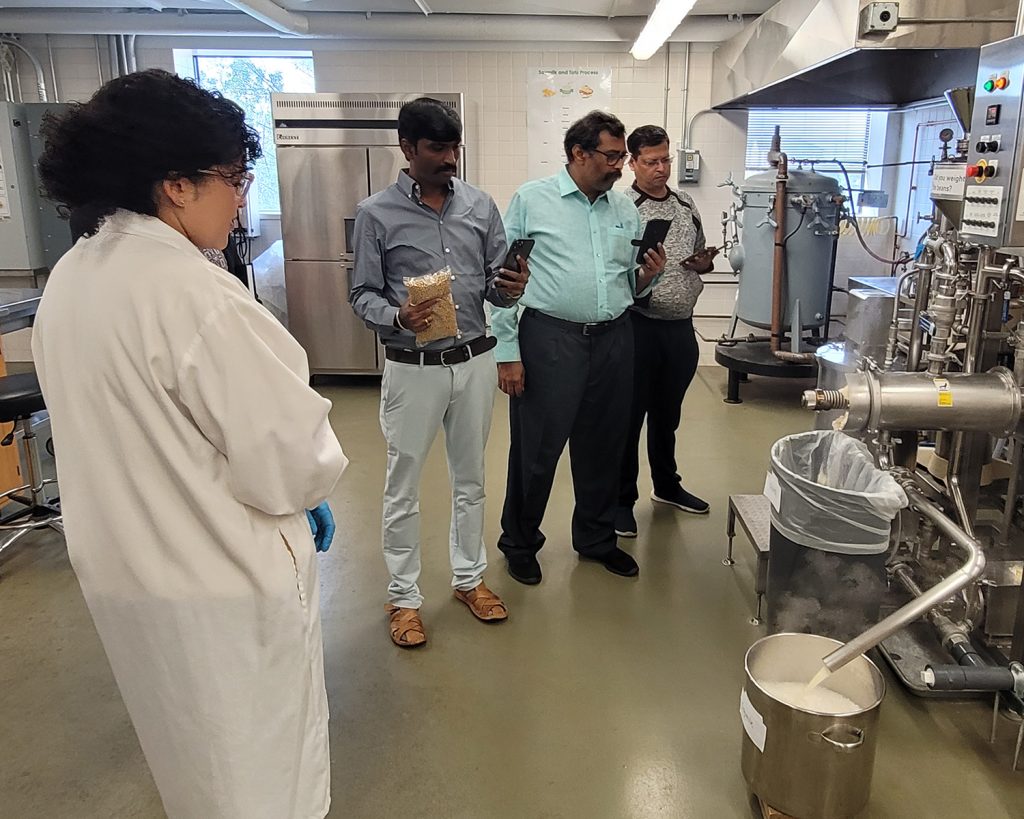
Northern Crops Institute (NCI) is a collaborative effort among North Dakota, Minnesota, Montana and South Dakota to promote and develop new markets for crops. The NCI is an international meeting and learning center that brings together crop buyers, commodity traders, technical experts, processors and farmers from all points of the globe for discussion, education and technical services.
NCI short courses enable participants from around the world and across the U.S. to learn about northern-grown crops and their unique quality, marketing and processing characteristics.
Speciality Soya and Grains Alliance
The Specialty Soya and Grains Alliance (SSGA) is the premier business alliance of U.S. companies focused on production, processing, and shipping of specialty soya and grains worldwide. Its mission is to provide resources that communicate the quality, diversity, and availability of identity-preserved soya and specialty grain products.
